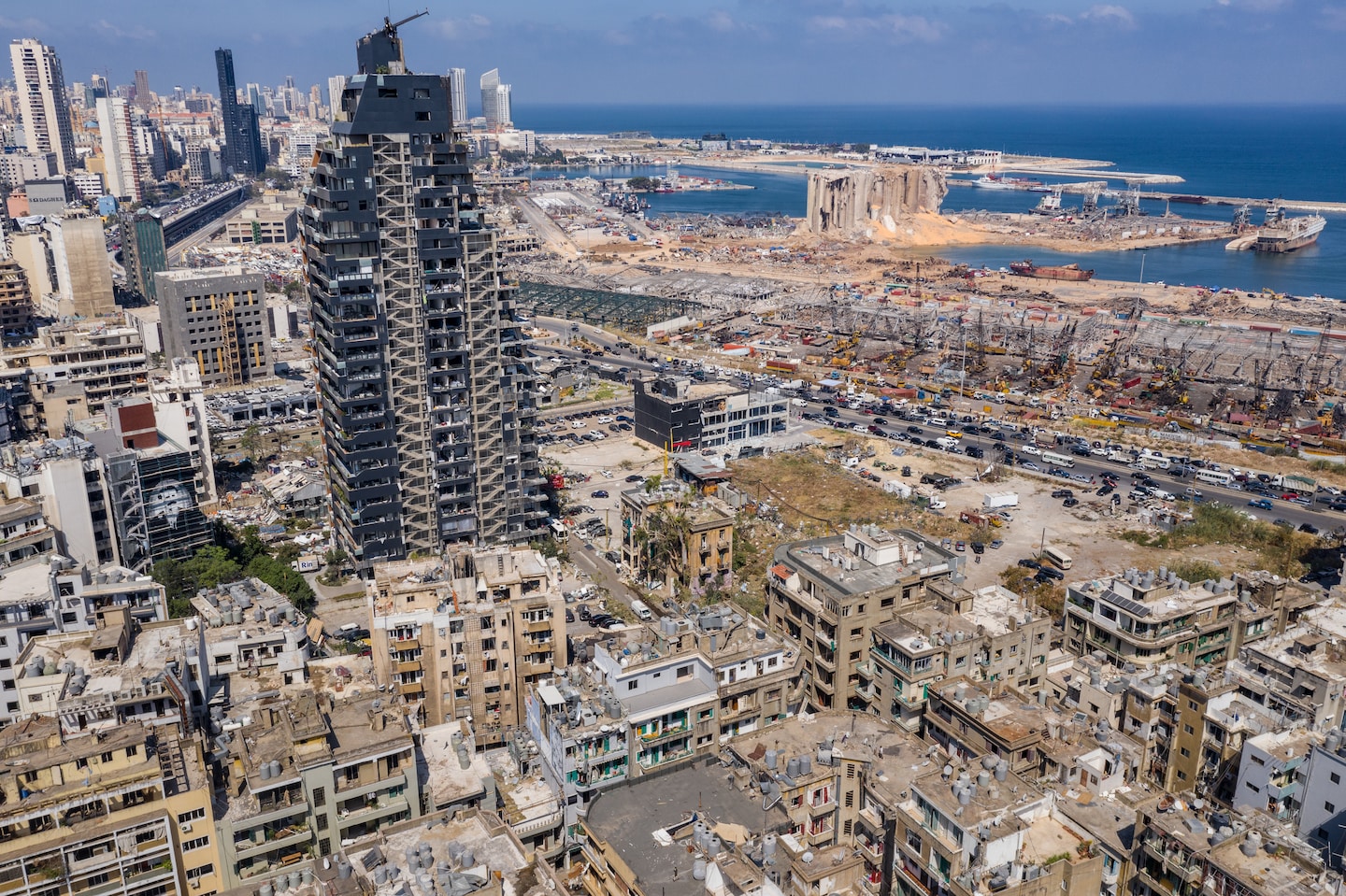How the explosive destruction of Halifax holds lessons — and hope — for Beirut

This week, it’s Beirut. But a century ago, it was Halifax. And while Lebanon’s tragedy naturally differs from Canada’s, the 1917 disaster offers lessons for handling today’s cataclysm — and preventing another one.
When World War I broke out in 1914, Halifax became Europe’s supply depot. With London pressing Canada for more men, munitions and ships, Halifax Harbor’s regulations quickly eroded. By 1917, the Halifax commander felt compelled to warn his superiors: “It is not possible to regulate the traffic in the harbor, and it is submitted that I cannot in this regard accept the responsibility for any accident occurring.”
Ship captains, crews, harbor pilots, military officials and local authorities all cut corners, assuming “someone else” would uphold the safeguards needed to avoid disaster. This set in motion an improbable series of events that led to catastrophe — exactly what appears to have happened in Beirut.
It started in November 1917, when a crew in Brooklyn packed a staggering 6 million pounds of high explosives into the hold of a French ship called Mont-Blanc, then stacked barrels of highly volatile airplane fuel on deck — unwittingly constructing the perfect bomb. En route to Europe, the captain and crew eagerly entered the safety of Halifax Harbor at dawn on Dec. 6.
At the same hour, a Norwegian relief ship named Imo, running behind schedule, was just as anxious to leave. At the harbor’s narrowest stretch, Imo’s impatient captain violated nautical convention by passing several ships on the left. This set up a game of chicken with the Mont-Blanc, which pivoted left at the last second — just as Imo’s captain veered in the same direction.
At 8:46 a.m., the Imo struck the Mont-Blanc’s bow, igniting the airplane fuel. Mont-Blanc’s crew escaped on lifeboats, while Halifax’s workers and schoolchildren, unaware of the Mont-Blanc’s cargo, gathered to watch the burning ghost ship slip perfectly into Pier 6. Eighteen minutes later, the Mont-Blanc erupted, leveling almost half of Halifax, rendering 25,000 people homeless, wounding 9,000 and killing 2,000 — all in one-fifteenth of a second.
A World War I veteran wrote: “I saw some terrible scenes of desolation and ruin at the front, but never did I ever see anything so absolutely complete.” J. Robert Oppenheimer calculated that the explosion packed one-fifth the power of the first atomic bomb.
How could such a travesty occur?
Today the people of Beirut are asking the same question. Seven years ago their city government decided a downtown warehouse would be suitable to store 5.5 million pounds of confiscated ammonium nitrate — a fertilizer so dangerous that, in 1995, Timothy McVeigh needed only 4,000 pounds of it to destroy the Oklahoma City federal building. Like the Haligonians, the Lebanese walking by were oblivious to the danger surrounding them — including onlookers recording the blaze. The explosion has so far left an estimated 250,000 homeless, injured 5,000 and killed 157.
The Halifax government coordinated one of the most miraculous rescue and relief efforts ever conducted, while Beirut’s fails to provide reliable garbage pick-up, electricity or potable water. But as the Halifax disaster showed, help and hope can come from unexpected places.
Before 1917, the United States’ relationship with Canada was marked by distrust, animosity and two wars. But mere hours after the blast, one survivor wrote, “The first and most valuable assistance came from that ancient foe beyond the Bay of Fundy.” Boston sent 100 doctors, 300 nurses and $1 million — $20 million today — of desperately needed medical supplies, all without being asked. The Bostonians’ generosity helped to rebuild Halifax and to transform the two nations into allies.
Today, the European Union is sending Lebanon emergency workers and equipment, the United Kingdom dispatched the Royal Navy and £5 million, Canada another $5 million, and the United States promised aid, thus temporarily putting aside a testy history. Despite recent cross-border attacks, Israel has offered medical and humanitarian assistance. Officials in Tel Aviv even illuminated a municipal building with the colors of the Lebanese flag.
As vital as the large commitments are, these smaller gestures will likely resonate with Beirut’s citizens long after the rubble is cleared. Seven decades after the Halifax explosion, survivors’ memories of tender mercies — a neighbor rescuing a cat, a church offering a warm coat, a barber carefully removing glass splinters from a customer’s scalp and then refusing payment for the haircut — were somehow as powerful as the horrific scenes they had endured.
The generosity that flowed into Halifax showed human kindness could not be erased even by the greatest man-made explosion the world had ever seen. Of the many lessons Canada’s disaster holds for Beirut — and a watching world eager to help — that might prove to be the most lasting.
Read more:






